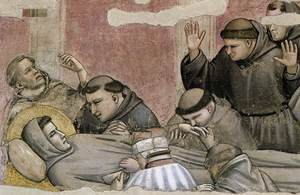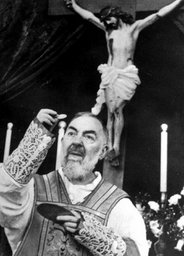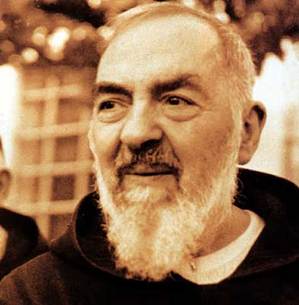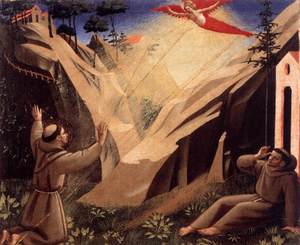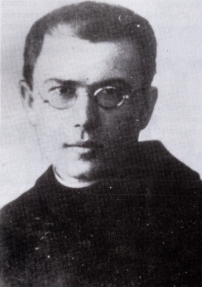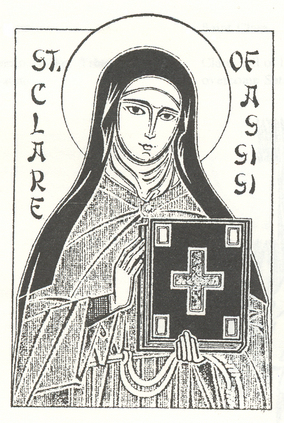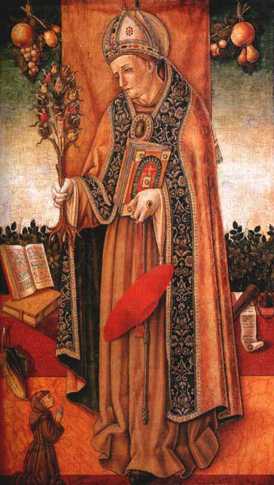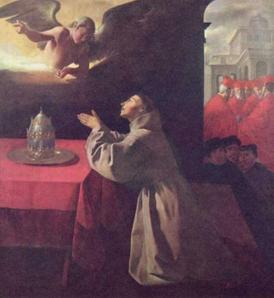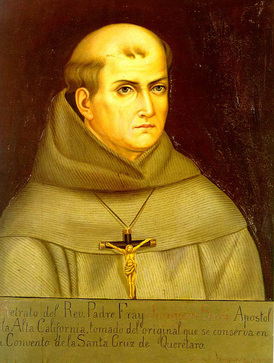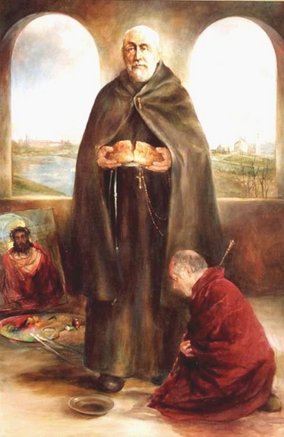Saint Francis died during the evening of October 3/4. The Church observes the death of Saint Francis on October 4.
As he lay dying, Francis prayed Psalm 142 and during the closing verse he died. This human and liturgical event is solemnly remembered each year by Franciscans to honor their holy
Father’s entrance into the joy of being the Most Blessed Trinity be prayerfully remembering the passage –a transitus– of Francis from life to Life today, October 3.
Alleluia, Alleluia, Francis, poor and humble, enters
heaven rich and is welcomed with celestial hymns. Alleluia.
Psalm 142
I cried to the Lord with my voice; with my voice to the Lord did I make my supplication.
I poured out my complaint before him; I showed before him trouble.
When my spirit was overwhelmed within me, then he knew my path.
In the way where I walked have they secretly laid a snare for me.
I looked on right hand, and held, but there was no man that would know me: refuge failed me; no man cared for my soul.
I cried to You, O Lord: I said, You are my refuge and my portion in the land of the living.
Attend to my cry; for I am brought very low: deliver me from my persecutors; for they are stronger than I.
Bring my soul out of prison, that I may praise Your name: the righteous shall compass me about; for You shall deal bountifully with me.
Glory to the Father
and to the Son and to the Holy Spirit, as it was in the beginning, is now, and
will be forever. Amen.
Alleluia, Alleluia, Francis, poor and humble, enters
heaven rich and is welcomed with celestial hymns. Alleluia.
O God, you granted
our blessed Father Francis the reward of everlasting joy: grant that we, who
celebrate the memory of his death, may at last come to the same eternal joy;
through Christ our Lord. Amen.
